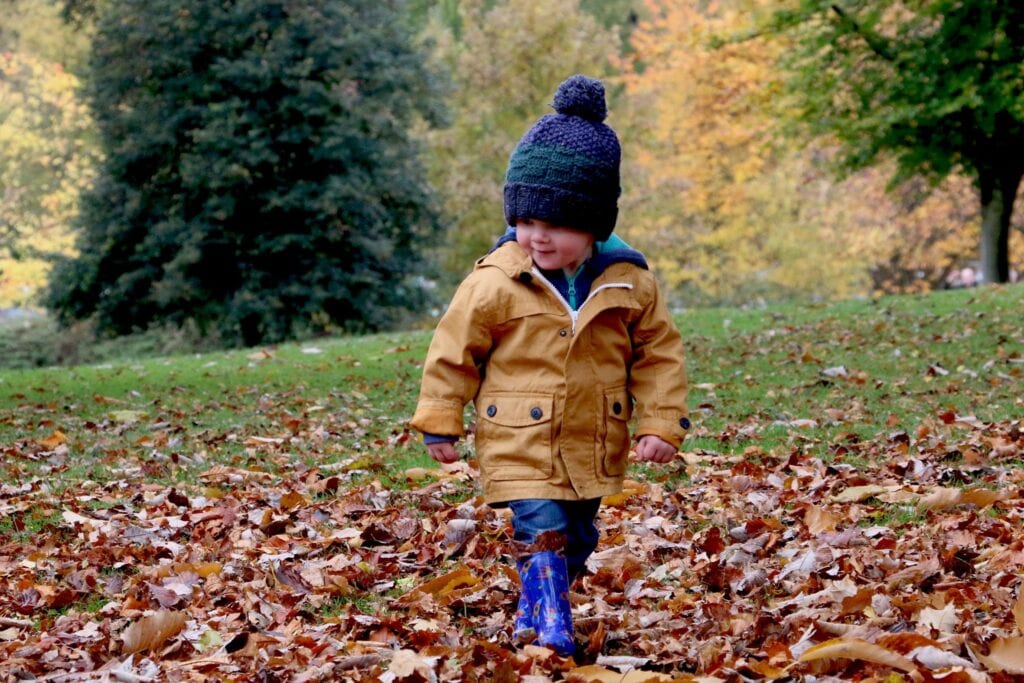Helping Kids Cope with COVID-19

By now, all of us have been coping with COVID-19 for a considerable amount of time. We’ve all become well-versed in terms like “quarantine” and “isolation”, and the constant barrage of news may be taking its toll. Children especially may be feeling this strain, and it’s important to help them cope during this time.
Watch for Behavior Changes
Know that the warning signs of stress will look different for each child. However, here are a few common things to watch out for:
- Excessive crying or irritation
- Going back to previous behaviors they’ve outgrown (i.e, accidents or bedwetting)
- Excessive worry or sadness
- Unhealthy eating or sleeping patterns
- Teens “acting out” or being irritable
- Avoidance of school or poor performance
- Difficulty concentrating
- Avoidance of previously enjoyed activities
- Head or body aches without explanation
- Substance use
Keep the Conversation Going
Although initial questions about the virus may be answered by now, don’t stop conversations. Ask regular, open-ended questions to keep a pulse on how your child is doing. Be reassuring and empathetic, and help them focus on things they can control. As the situation develops, children may develop new concerns, and it’s important to help them work through these things. Limiting the amount of information your child receives from the news or social media can help reduce their stress.
Help Kids Take an Active Role
Help kids feel more in control by giving them things they can actively do to help stop the spread of the virus. Continue to emphasize the importance of mask-wearing, social distancing, and hand washing. Don’t underestimate the value of being a role model, too; be sure to demonstrate these behaviors for your kids.
Keep a Regular Routine
It’s been a weird blur of time since March, but you can help recreate a sense of normalcy by establishing a routine for your kids. Set a schedule for their days so they know what they can expect. Incorporate exercise and outdoor play to keep them active. Also, help them stay socially connected through virtual options. Finally, help them recognize fun things they can still enjoy, such as a movie night or more time spent with family.
Sources:
Archives
- June 2025 (3)
- April 2025 (2)
- February 2025 (1)
- January 2025 (2)
- December 2024 (1)
- September 2024 (2)
- August 2024 (2)
- July 2024 (1)
- June 2024 (1)
- February 2024 (1)
- July 2023 (1)
- March 2023 (1)
- October 2022 (1)
- September 2022 (1)
- August 2022 (1)
- July 2022 (2)
- June 2022 (2)
- May 2022 (1)
- April 2022 (4)
- March 2022 (1)
- February 2022 (1)
- January 2022 (2)
- December 2021 (4)
- November 2021 (3)
- September 2021 (2)
- August 2021 (3)
- July 2021 (2)
- June 2021 (1)
- May 2021 (2)
- March 2021 (1)
- December 2020 (6)
- November 2020 (8)
- October 2020 (4)
- September 2020 (7)
- August 2020 (3)
- July 2020 (11)
- May 2020 (2)
- April 2020 (4)
- March 2020 (1)
Categories
- Communicable Disease (4)
- Clinical Services (18)
- Clinical Servcies (1)
- Health Promotions (71)
- Emergency Preparedness (8)





